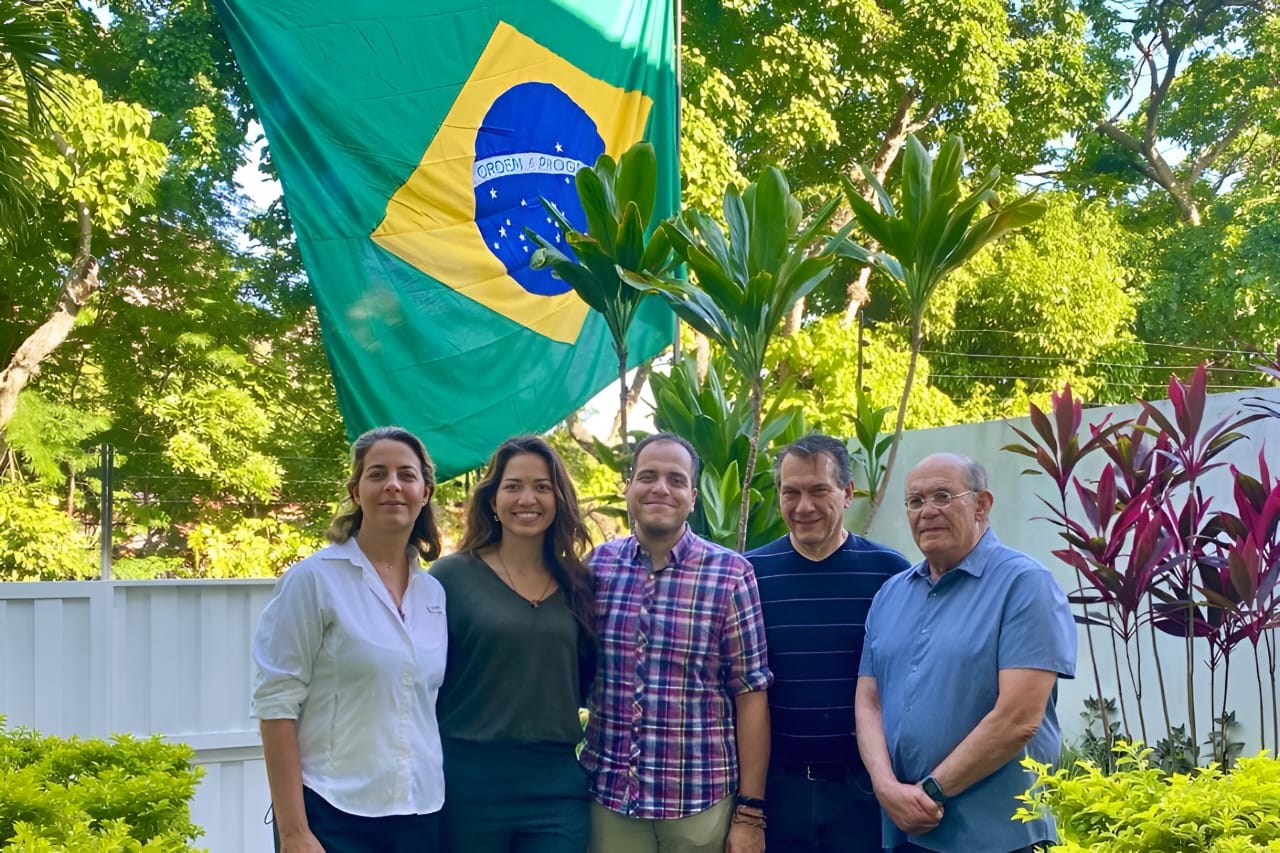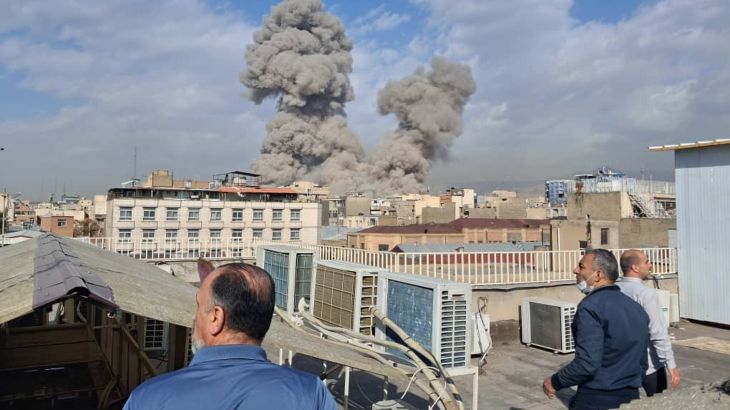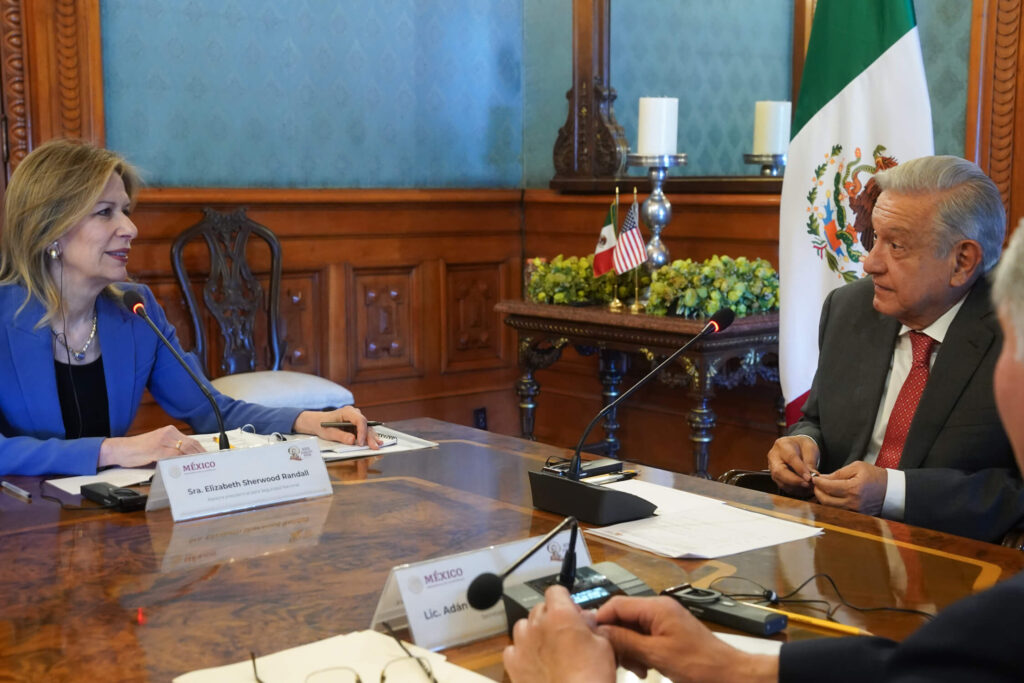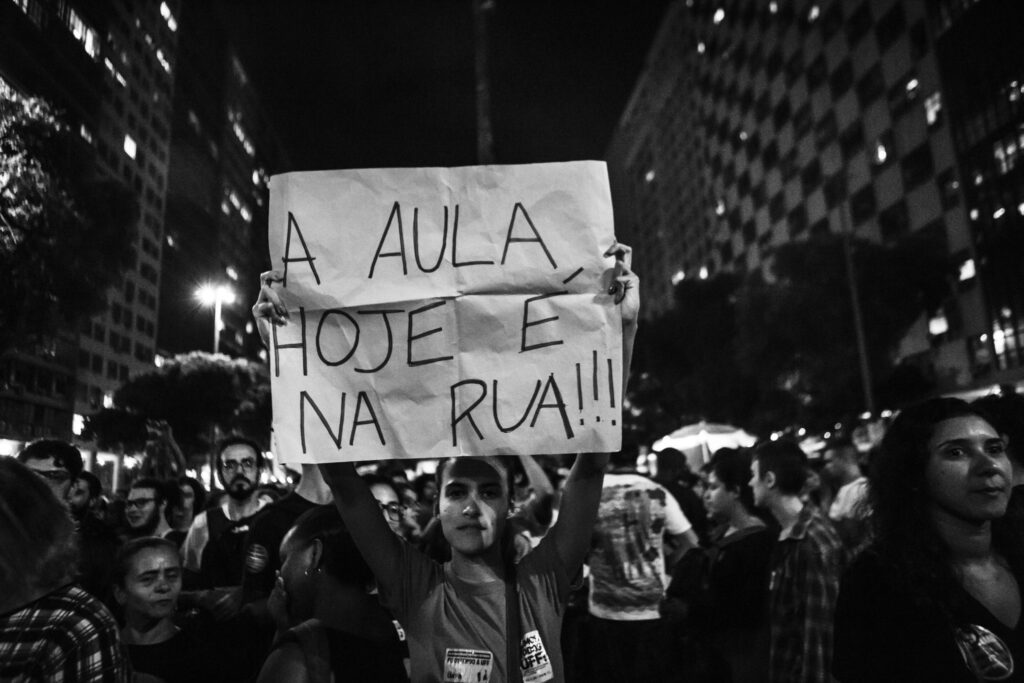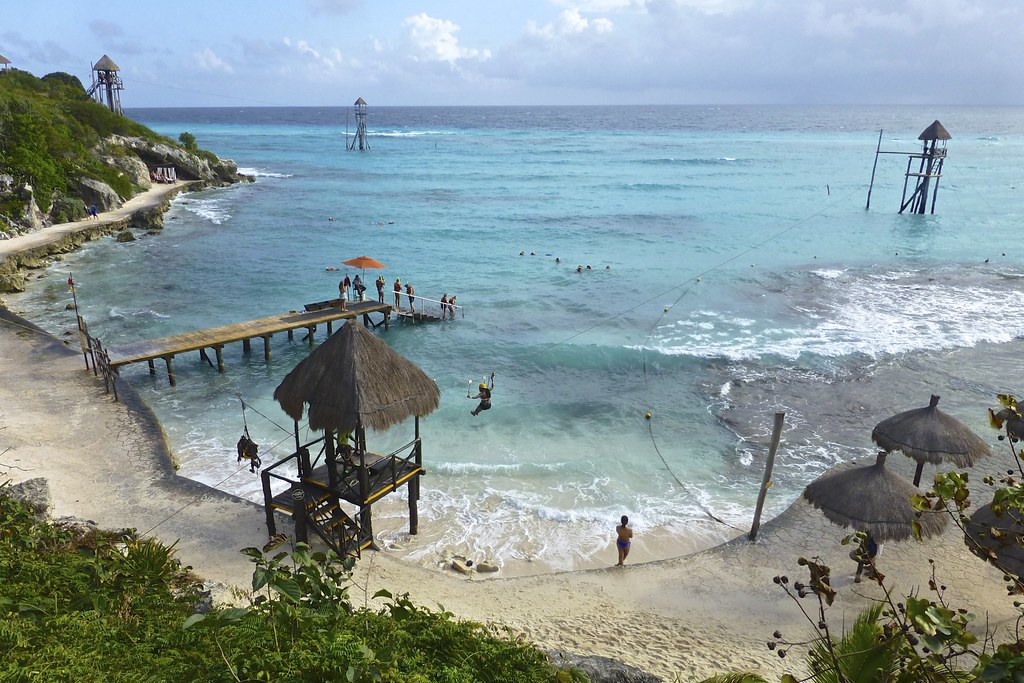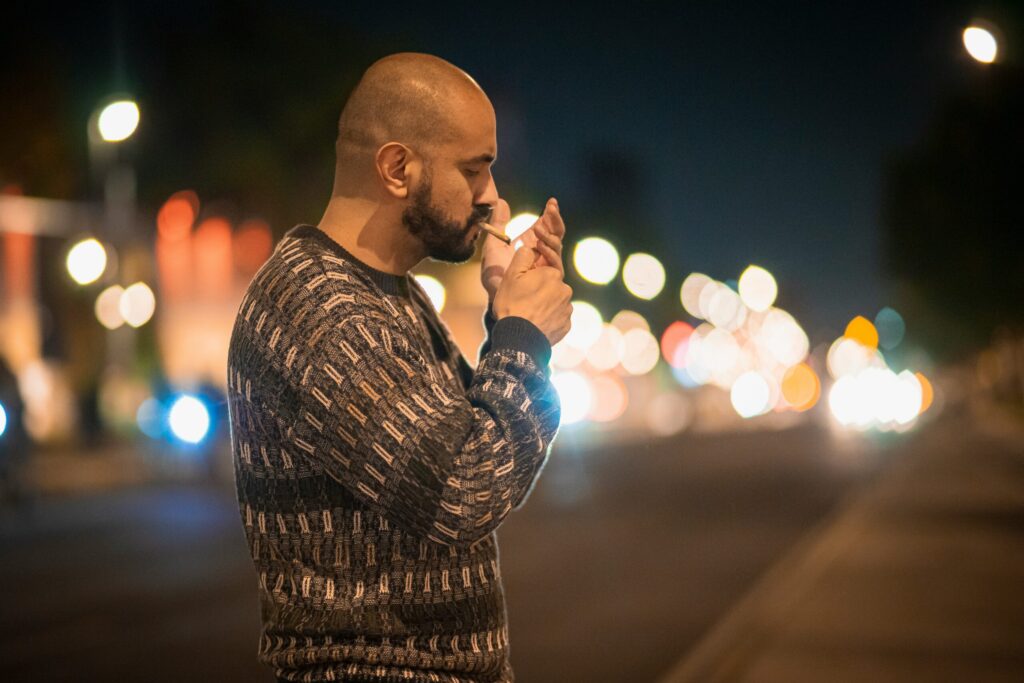Five members of Venezuela’s political opposition who had been holed up in Argentina’s embassy in Caracas arrived to the United States on Tuesday after a “precise operation”, as confirmed by U.S. Secretary of State Marco Rubio.
Rubio did not provide specific details but described it as a “rescue” operation.
On X, he said “the U.S. welcomes the successful rescue of all hostages held by the Maduro regime at the Argentinian Embassy in Caracas. We extend our gratitude to all personnel involved in this operation and our partners who assisted in securing the safe liberation of these Venezuelan heroes.”
The activists, close allies of opposition leader María Corina Machado, had been living at the Argentinian embassy since March 20, 2024 to avoid arrest by Venezuelan authorities ahead of the July 28 presidential election, in which the electoral council declared Nicolás Maduro the winner amid allegations of fraud.
Machado thanked those involved in the operation, calling it “an impeccable and epic operation for the freedom of five heroes of Venezuela,” she said on X.
The statement added, “We will free each of our 900 heroes imprisoned by this tyranny,” referring to the 902 people still in custody for political motives, according to human rights NGO, Foro Penal.
Argentinian President Javier Millei also celebrated the release of the refugees. A statement from the President’s Office said: “the National Government deeply values the efforts made to guarantee the safety and well-being of those who were for a long time under Argentine protection from the persecution of the Nicolás Maduro regime. This action represents an important step in the defense of freedom in the region.”
Millei’s government allowed the opposition members into the diplomatic residence after the attorney general’s office issued warrants for their arrest. Magalli Meda, Claudia Macero, Omar Gonzaléz Moreno, Pedro Urruchurtu and Humberto Villalobos, are all members of Machado’s party, Vente Venezuela.
They were also joined by Fernando Martínez Mottola, who left the embassy in December 2024 and handed himself in to the Attorney General’s office. He died in February at 71 years old.
After the July election, the results published by the electoral council sparked protests throughout the country. The Maduro government forces responded with force, leaving over 20 dead and 2,200 in custody.
The controversial election caused the end of diplomatic relations between Venezuela and many foreign countries, including Argentina. After the Maduro government expelled Argentine diplomats in August, Brazil took over diplomatic representation of Argentina in the Venezuelan capital.
A statement from the Brazilian foreign ministry affirmed that the Brazilian government learned of the departure of the Venezuelans the night it occurred.
The statement said, “Brazil has made numerous efforts at the highest level to grant the necessary safe passage and has offered to transport the asylum seekers by air, in order to resolve the crisis diplomatically.”
Yet, “these repeated requests were not heeded, which prolonged the difficult humanitarian situation at the Argentine embassy in Caracas, which was surrounded by security forces,” the statement added.
Since late November, the group at the embassy had been denouncing that they were under “siege” after Venezuelan security forces surrounded the diplomatic compound and the state power corporation, Corpoelec, cut off the embassy’s access to electricity and water.
Featured image: Omar González Moreno via X, on the 400 day anniversary of confinement at the Argentine Embassy.


